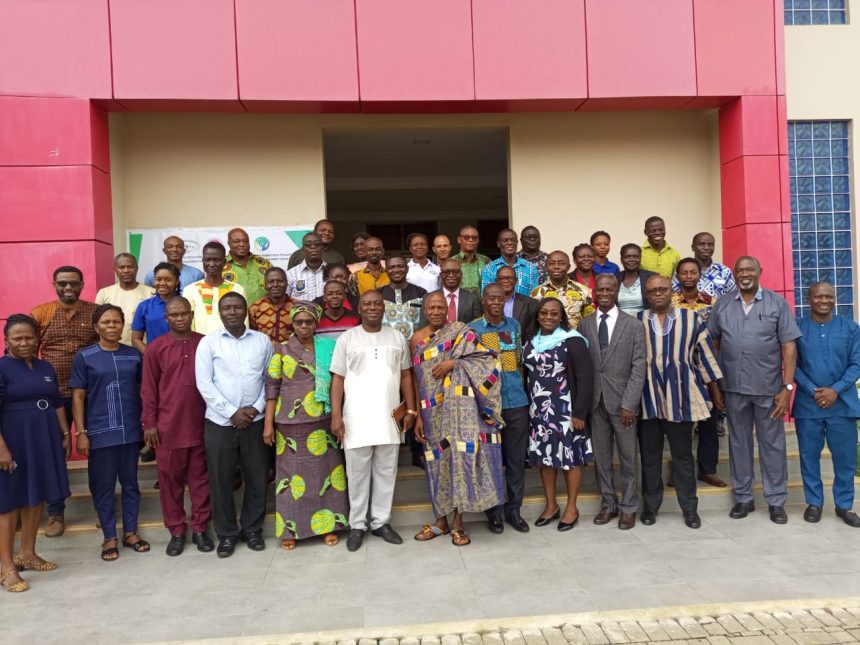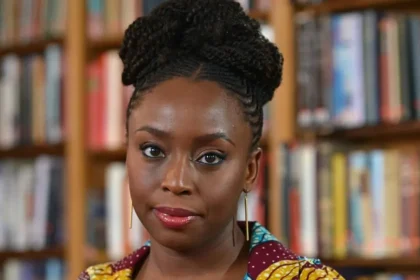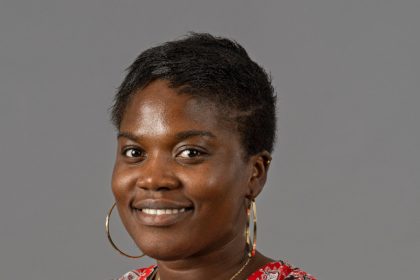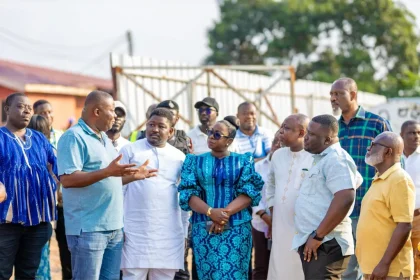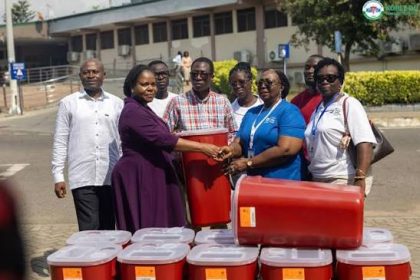The Akrofuom District National Commission for Civic Education (NCCE), in collaboration with the United Nations Population Fund (UNFPA), has organised a stakeholder meeting to discuss issues relating to adolescent reproductive health and Gender-Based Violence (GBV).
The engagement brought together key stakeholders from the Department of Social Welfare, Domestic Violence and Victims Support Unit (DOVVSU), Commission on Human Rights and Administrative Justice (CHRAJ), the Traditional Council, and leaders of various community-based and youth groups.
It sought to empower local actors to promote healthy adolescent development, reduce teenage pregnancies, prevent GBV, and strengthen community structures that support the wellbeing of young people.
Mr Kassim Ali, the Akrofuom District Director of the NCCE, said the dialogue was timely, given the growing concerns about rising teenage pregnancy and school dropout rates.
He said the phenomenon of broken homes and weak parental guidance continued to undermine children’s development and social values.
“If we fail to secure the future of our young people, posterity will not forgive us,” Mr Ali cautioned, adding that all stakeholders had a shared responsibility to safeguard the welfare of children and adolescents.
Mrs Louisa Suglo, a representative from DOVVSU, highlighted the disturbing frequency of gender-based abuses reported in the district and urged intensified community sensitisation on the different forms of abuse and the available channels for reporting and redress.
She said many victims remained silent because they did not know their rights or where to seek help, stressing the need to educate communities to break the cycle.
Mrs Margaret Afriyie, the Adolescent Reproductive Health Focal Person, underscored the need for continuous engagement with young people on issues of sexual health.
She expressed concern about the rising cases of sexually transmitted infections (STIs) and teenage pregnancies, which could derail the district’s human capital development.
She appealed to parents, teachers, and community leaders to provide the necessary support systems and guidance for adolescents to make informed life choices.
Participants agreed to strengthen collaboration among institutions and local leaders to sustain education and advocacy efforts at the grassroots level.
GNA


